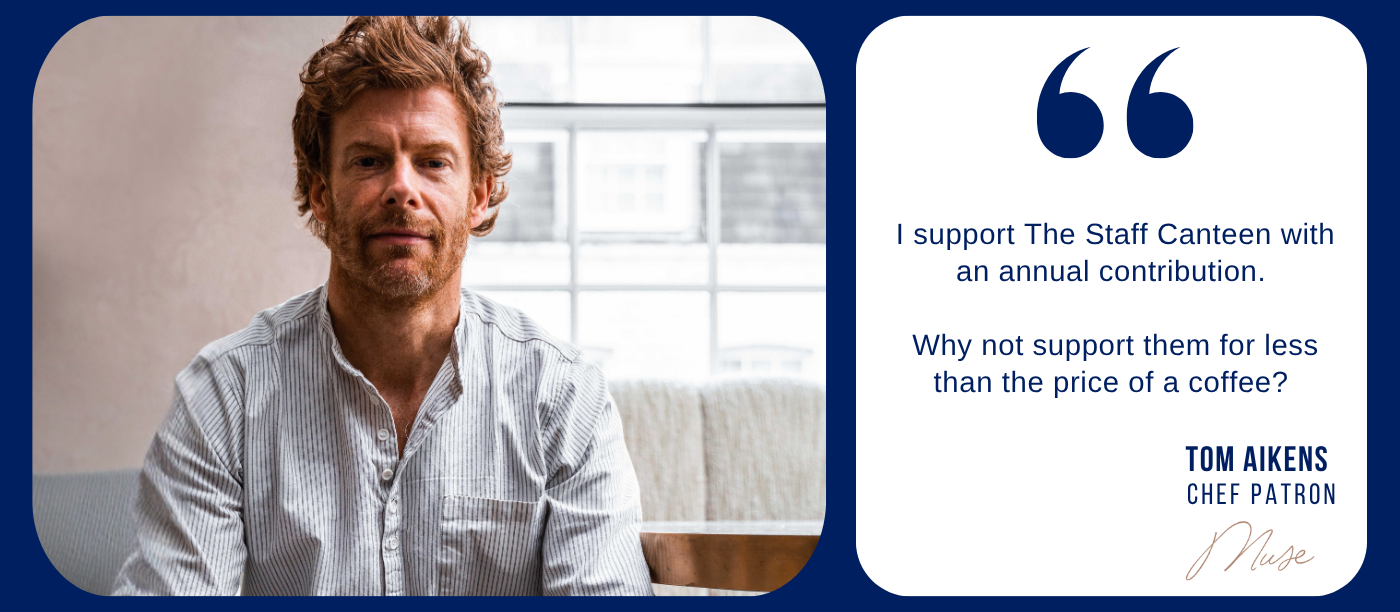with old-fashioned, but old-fashioned has nothing to do with what we do here. Classic cuisine is the true art,” he says. For Helmut “the product is the star.” He only uses the “finest and most noble products that exist on the world market”, which he converts into fine dishes. A chef’s personal signature has to be apparent, he claims. “The components of my dishes fit together in a harmonious way.”
One of his famous dishes is breast of Challans duck à la presse with oriental spiced skin, pan-fried duck foie gras, red cabbage and glazed pears. “A high end restaurant has to be Cockaigne”, Helmut claims.  “Independent creations bring success. To interpret the ‘grand cuisine’ in a modern and very personal way is possible with gentle cooking methods and innovative techniques. To copy successful styles or to follow fancy cooking trends makes no sense.” He describes the job of a chef as handcraft, not art.
“Independent creations bring success. To interpret the ‘grand cuisine’ in a modern and very personal way is possible with gentle cooking methods and innovative techniques. To copy successful styles or to follow fancy cooking trends makes no sense.” He describes the job of a chef as handcraft, not art.
Why is it essential to learn the right techniques?
The handcraft “goes along with studiousness, talent and energy. Chefs who don’t have the right feeling for the job will stay mediocre.” For Helmut, it is essential to learn the right techniques, being open to change and to know what’s going on in the world of cooking. The Waldhotel restaurant can hold 40 people and has a relaxed and familiar atmosphere. Helmut himself is reserved; he has never written a cookbook or taken part in a cooking show on TV. He likes to concentrate on his work in the kitchen and the food he cooks: “From the beginning I wanted to offer the best in everything to my guests. “
By Vera Kleinken



 By then Helmut had a team of nine chefs in the kitchen and his wife Ulrike had taken over the service operations. Helmut was awarded Chef of the Year by Gault & Millau in 1997.
By then Helmut had a team of nine chefs in the kitchen and his wife Ulrike had taken over the service operations. Helmut was awarded Chef of the Year by Gault & Millau in 1997.











